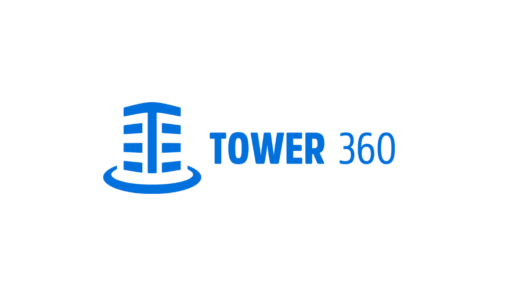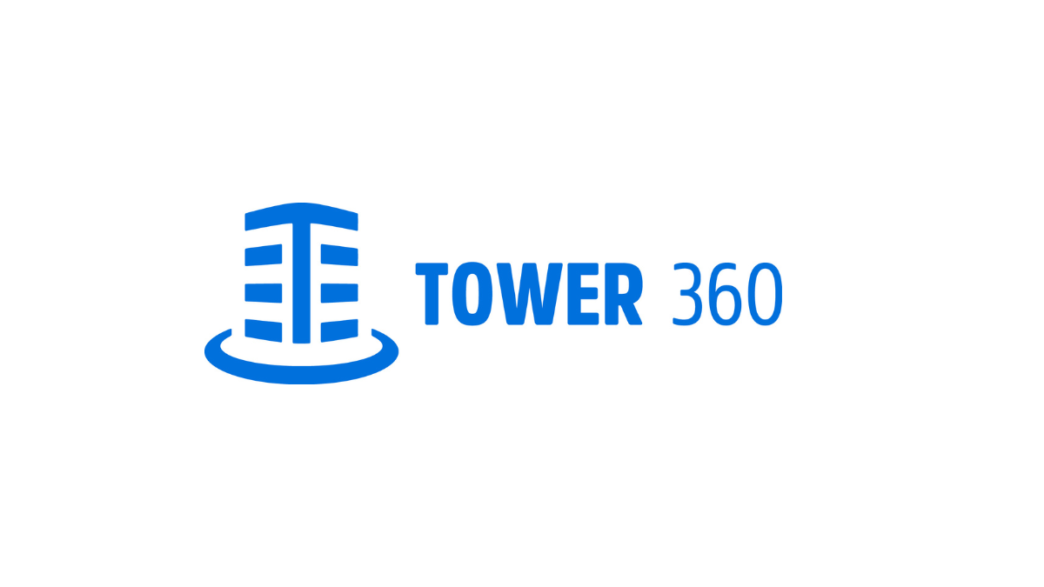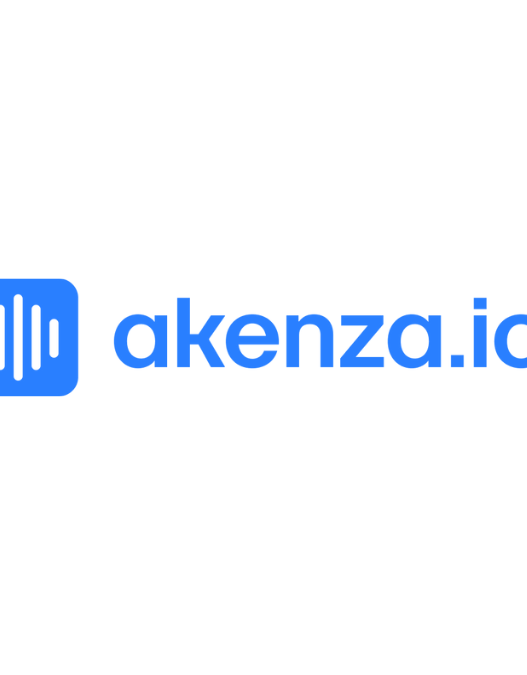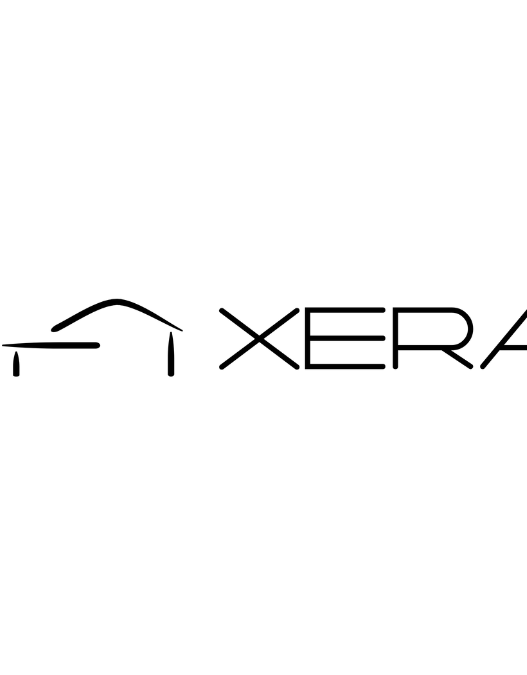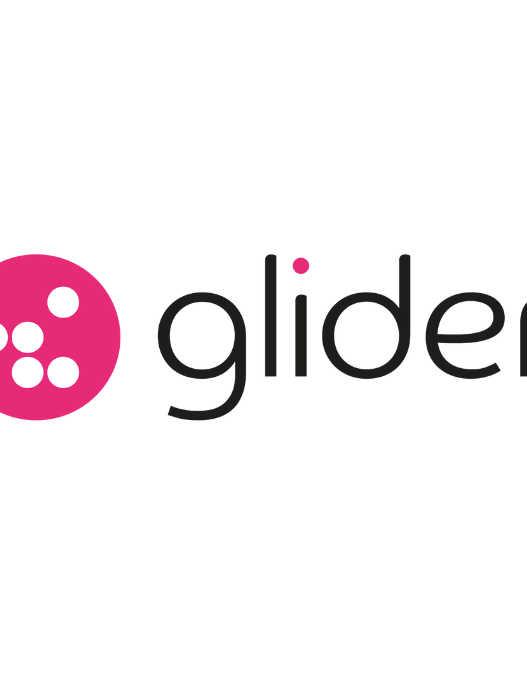In our latest Spotlight Interview, we speak with Julian Vogel, Founder and Co-CEO of Tower360. Julian talks about the changes in the real estate industry and his clients' approach to technology, how to successfully implement digital transformation, and TOWer360's product strategy. “Digitalization needs to be on the CEO's agenda and can't be delegated to back-office IT. A clear digitalization strategy is essential for asset managers to not only compete but survive. Unless real estate CEOs have a clear digital strategy that is focused on specific areas based on their roadmap and resource requirements, and aligned with their organization around that program, they won't be successful.”
Q1- Can you give us a brief overview of Tower360 and the various solutions you offer to your clients?
First, let's start with the current situation. We are currently living through a very turbulent time in real estate history. Commercial property owners have endured a difficult two years as inflation and rising interest rates caused sharp fluctuations in borrowing costs, construction costs, valuations, and asking prices. Value-add dealmaking, the lifeblood of many funds, stalled as investors halted new business and managers struggled with underwriting challenges. Asset classes such as office are not expected to recover until 2026.
The speed of change and increasing pressure facing asset managers and fund managers in this environment is overwhelming. With transactional markets at a standstill, the role of asset managers in adding value to real estate portfolios is more important than ever. Key areas such as tenancy management, leasing, disciplined CAPEX execution and a strong focus on asset sustainability are the main drivers of fee generation for asset managers. In this context, leveraging technology has become the most important driver of value creation for asset managers.
Tower360 helps asset and fund managers navigate these challenges and adapt to rapid market changes by providing a vertically integrated, modular platform. Our platform covers asset and fund data integration, workflow management, forecasting capabilities, and integrated, easy-to-share reporting tools.
Q2 – How does your solution differentiate when competing with traditional property management software vendors?
In fact, we are not competing with traditional system vendors like SAP, MRI, Yardi, etc.; rather, we coexist with them. We compete with the workflow, reporting, and business planning ecosystem in the real estate industry. When property managers need better data-driven insights, standardized workflows, and more agile, flexible planning processes, that's where Tower360 comes in.
Traditional software vendors often struggle to keep up with the massive amounts of data being generated today, especially given the unprecedented macroeconomic conditions. It's difficult to migrate on-premise solutions to the cloud and quickly adapt to changing client needs. There is a significant market gap for front-office solutions for wealth managers that are highly configurable to specific business requirements, changing client demands, and local market complexities. In a world where the business environment is constantly changing, waiting for software to catch up is no longer an option.
Today, many large real estate asset managers operate in highly siloed departments and rely heavily on tools built in Excel to run their multi-billion dollar portfolios. Real estate asset managers need a platform that fosters collaboration and breaks down these silos. Tower360 is an agile, nimble platform designed for any mid-to-large real estate company, enabling them to collaborate more effectively, take more data-driven action, and adapt faster to market changes.
Q3- Given the current situation of increased market uncertainty, are you seeing more caution among your customers when it comes to technology investments and initiatives?
While the economy is not showing any signs of slowing, the current macroeconomic and geopolitical climate has certainly created greater uncertainty. However, this has led to increased interest in technology among real estate companies looking for tools to gain a competitive advantage and adapt to these changes.
Digitalization in the real estate industry is still in its early stages. A recent survey of real estate asset managers across Europe and the US found that only 1 in 20 consider themselves fully digital. While 30% of asset managers surveyed had conducted an early proof of concept (POC) and were actively searching for a platform, the majority (49%) were still in the early stages of developing their digital strategy and had not conducted a POC. Additionally, 16% had not prioritized digitalization as a strategic focus.
The most forward-thinking organizations are exploring how to leverage AI to enhance their business operations while focusing on streamlining data management, planning, and workflows. These organizations see technology as a critical investment to build a competitive advantage and become more digital and data-driven.
Q4 – What are the key capabilities asset managers need to successfully implement digital transformation?
We believe that at least five key elements are crucial to successful digital transformation.
First, digitalization needs to be on the CEO's agenda and cannot be delegated to the back-office IT department. A clear digitalization strategy is essential for asset managers to not only compete but survive. If a real estate CEO does not have a clear digital strategy that focuses on specific areas based on the roadmap and resource requirements, and aligns the organization around that program, they will not be successful.
Second, an effective project management and communication system must be in place. Asset management companies must develop project management capabilities in-house or work with external consultants. Maintaining a streamlined project management practice with regular updates and clear communication channels that integrate end users and departments from day one is essential. This includes a detailed understanding of gaps and specific areas (e.g., customer journey, processes, functions) that create value for the business. For example, a well-defined planning process that includes asset valuation, rent forecasting, setting parameters for capital expenditures and budgets is necessary to implement an effective portfolio management system.
Third, comprehensive data availability and quality are key success factors for accurate asset performance analysis and reporting with trusted data sources. For example, when outsourcing property management, it is critical to first digitize the data delivery process and establish a data management platform with a data catalog and REST APIs to deliver data to subsequent systems before implementing a modern planning solution.
Fourth, companies need to put in place a strong adoption and change management process. In the past, technology adoption cycles were a linear process of gathering requirements, developing a solution, testing and training users, which often resulted in low adoption rates and minimal business value. Today, successful digital transformation must follow a more iterative process of designing, prototyping, gathering feedback from different departments, and refining the solution to maximize value.
Fifth, choosing the right technology vendor is not easy. From our conversations, we learned that many asset management companies that have tried to build their own software have not been successful. Real estate companies are experts in asset management, not in building technology platforms. It is better for real estate companies to partner with technology companies that have deep industry expertise and strong product building capabilities. Moreover, because business these days is changing and evolving rapidly, choosing a flexible, modular platform that can adapt to changing conditions, rather than a monolithic system, is key to success.
Without coordinated action across all these areas, digital transformation in real estate will not be successful.
Q5- Finally, looking to the future, what developments and innovations does Tower360 plan to meet the evolving needs of the real estate industry? How do you think emerging technologies such as AI will impact your operations?
Tower360’s goal is to develop a vertically integrated, modular product suite that not only meets but exceeds customer expectations by covering the entire real estate asset management value chain.
Over the past few years, we've developed amazing products and partnered with incredible clients who are pushing the boundaries of what's possible in their industry. Our clients are investing in real estate for the long term, and Tower360 is committed to being their trusted partner for decades to come.
Looking ahead, Tower360 has exciting plans for the future development and innovation of its asset and fund management software to meet the evolving needs of the real estate industry.
We have been following the rise of AI and LLM for many years and believe that AI will significantly improve the productivity of asset management and fund managers over the next 5-10 years. However, it is important to recognize that many real estate owners lack the clean, accessible, integrated data (which tools like Tower360 can deliver) that is essential to effectively run AI models and drive maximum value.
We are already in the process of integrating AI into our core products around forecasting and enterprise-grade reporting, as well as workflows that use multi-modal inputs such as text, documents and insights across our entire portfolio. This approach marks a sea change for companies looking to better leverage their data in the future, and is designed to revolutionize how our clients interact with and leverage their data.









